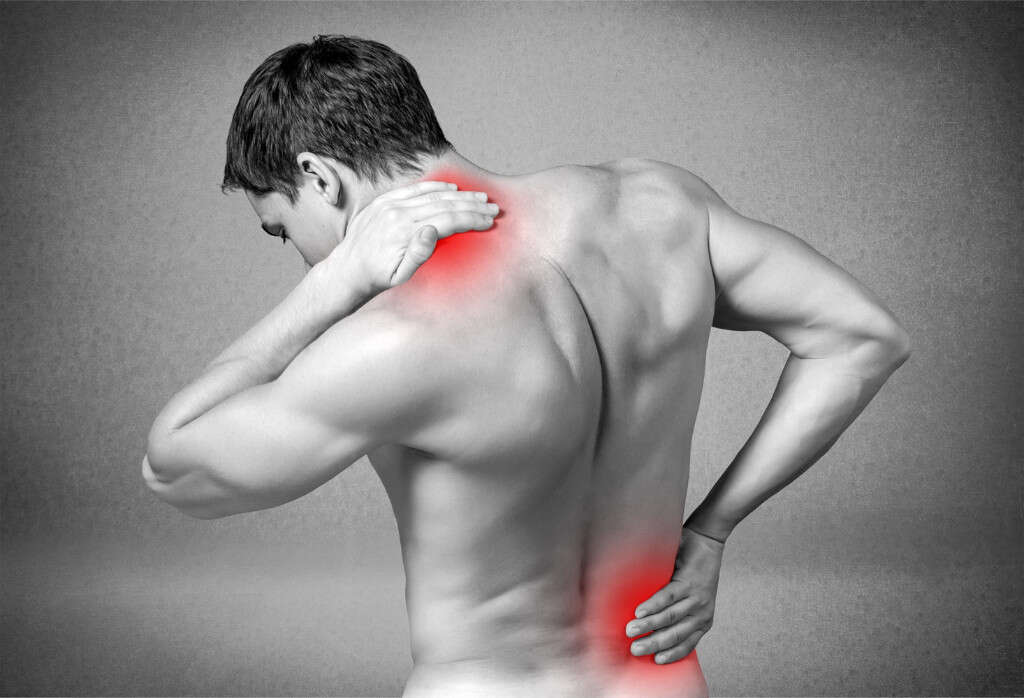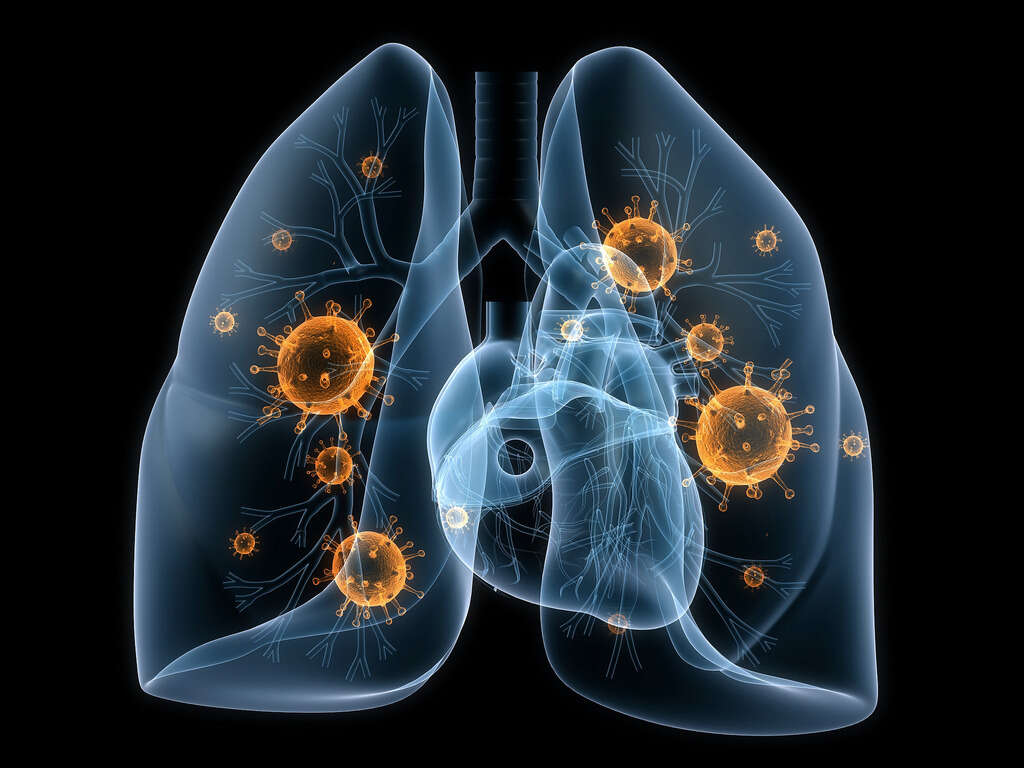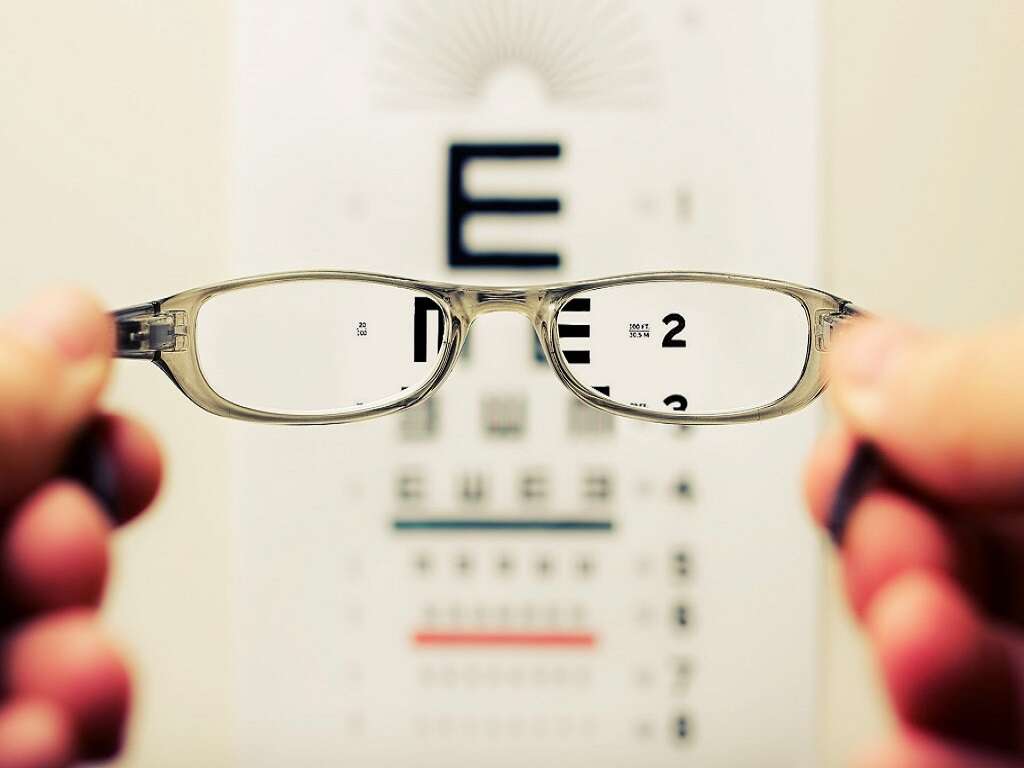10 Vitamin D Deficiency Symptoms
Vitamin deficiencies are never fun, and they can cause a variety of symptoms. One of the easiest deficiencies to develop is that of vitamin D, which can lead to a number of problems.
Vitamin D is heavily involved in the functioning of many bodily systems and low levels can lead to drastic consequences. Since vitamin D is easily converted by the sun to a usable form for our bodies, those who don't get outside very often and don't eat fortified foods are liable to develop a deficiency. It's also possible to have a natural inability to process or absorb vitamin D. People with this unfortunate difficulty will at greater risk to develop a vitamin D deficiency and experience the related symptoms.
If you think you might be deficient in vitamin D, then take a look at the symptoms below. If you experience them all, then you might want to check your diet and sun exposure to make sure you get enough vitamin D. Remember, it's always important to check with your doctor before making any serious lifestyle changes.

Symptom #1: Frequent Illness
Vitamin D is highly involved in the maintenance of your immune system, which wards off pathogens that can cause various types of illnesses. Vitamin D directly impacts the T-cells of the immune system, which are the 'attackers' that fight off the 'invaders' that cause disease.
If your immune system isn't working properly, then you are more likely to fall victim to illness or disease. There have been a number of studies indicating that low levels of vitamin D contribute to the development of frequent ailments like bronchitis or pneumonia.

Symptom #2: Fatigue and Lethargy
While there are certainly a wide range of problems that can lead someone to experiencing chronic fatigue, vitamin D deficiency is among the most common. Unfortunately, it's often overlooked as a causative factor and many people attempt to treat their fatigue in other ways before simply increasing their vitamin D intake.
The fatigue that results from a lack of vitamin D has been shown to have a negative impact on the quality of your life, especially during a serious deficiency. Even slightly lowered levels of vitamin D can have adverse effects on people's lives.

Symptom #3: Bone Pain
We often think of calcium as being the number one 'bone-healthy' mineral. What is not discussed as often is the fact that vitamin D is required for the body to absorb that number one mineral.
If you don't get enough vitamin D, then you won't be able to absorb enough calcium to develop healthy bones and joints. People who have been deficient in vitamin D for many years are much more likely to develop bone-related conditions such as osteoporosis or arthritis. Further, studies have revealed that people who lack a healthy vitamin D intake are more likely to experience pain in the bones of their legs, ribs, or in their joints.

Symptom #4: Depression
Another common symptom of vitamin D deficiency is depression. In many cases, doctors are quick to prescribe antidepressants when a patient is diagnosed with depression. Often, a simple increase in the amount of vitamin D intake will be enough to minimize depressive symptoms.
Studies have revealed a serious link between lower levels of vitamin D and higher instances of depression. Older adults are particularly susceptible to developing depression from a lack of vitamin D.

Symptom #5: Slow Wound Healing
Something important to be aware of is the way that vitamin D impacts your body's ability to heal its wounds. If you do not get enough vitamin D, you're liable to experience impaired wound healing. This can be particularly problematic for people who are going through surgery or serious injuries.
Since vitamin D is involved in fighting inflammation and infections, it can be very useful for helping to control the speed of wound healing. On the other hand, infections are likely to last much longer in people who are deficient in vitamin D.

Symptom #6: Decrease In Bone Weight
We have already mentioned that vitamin D deficiency can contribute to bone and joint pain. However, it can also directly affect the weight of our bones. This is particularly true for older people. Many elderly persons who are diagnosed with bone loss are quick to take calcium supplements. However, in many cases they are simply deficient in vitamin D and this prevents their bodies from utilizing the calcium that they're already consuming.
If your bone density is decreasing, it's an indication that you're not absorbing calcium or other bone-healthy minerals. This can increase your risk for fractures and breaks.

Symptom #7: Hair Loss
Most people commonly associate hair loss with bad overall health and high stress levels. However, one of the more specific things that can contribute to hair loss is a lack of vitamin D. There has been a small amount of research done on hair loss among women that indicates that low vitamin D levels can contribute to premature hair loss.
Another condition, known as alopecia areata, is related to rickets – a bone condition that can emerge with a lack of vitamin D. People suffering from alopecia areata experience a higher severity of symptoms when they are deficient in vitamin D.

Symptom #8: Muscle Pain
There are a number of potential causes of muscle pain, so there's no reason to be sure that you're suffering from a vitamin D deficiency. However, if you're experiencing some of the other symptoms on this list, you may have discovered the culprit for your muscle pain.
Studies have revealed that both children and adults are more susceptible to muscle pain if they're deficient in vitamin D. It has also been revealed that children suffering from 'growing pains' are able to reduce the severity of their symptoms by increasing their intake of vitamin D.

Symptom #9: Weight Gain
Vitamin D is important in maintaining a proper metabolism, and without it, people are more likely to have difficulty maintaining their weight.
People who are deficient in vitamin D exhibit a higher frequency of weight gain and obesity.

Symptom #10: Serious Complications
There are a huge number of complications that can arise in both men and women who have suffered with vitamin D deficiencies for a long time and who have not received treatment.
Those who have gone without a healthy intake of vitamin D for extended periods are more likely to develop rickets, colds, the flu, asthma, tuberculosis, diabetes, osteoporosis, cardiovascular problems such as high blood pressure, depression, multiple sclerosis, and cancer.












